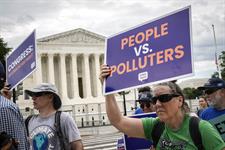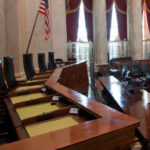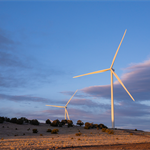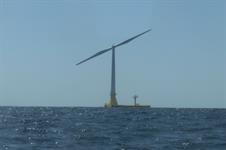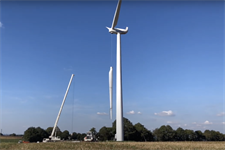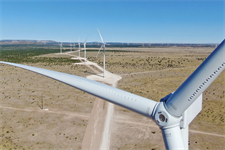Supreme Court ruling will have ‘a chilling effect’ on US wind industry
Energy Disrupter

“We can still progress but it’s a setback,” said David Wooley, director of Goldman School’s Centre for Environmental Public Policy at the University of California at Berkeley. Wooley is also a former assistant attorney general in New York state and worked for the American Wind Energy Association.
Supreme Court ruling
In a decision earlier this month in the case of West Virginia vs Environmental Protection Agency (EPA), the conservative-leaning Supreme Court ruled that the EPA does not have the authority to regulate power plant emissions broadly. Only Congress has that authority, ruled a 6-3 majority of the justices.
The case was brought by Republican attorneys general from 19 states along with coal and other fossil fuels proponents. It came after a long period of conservative strategising.
Wooley noted that the EPA had been talking of tightening NOx and mercury emissions rules, pollutants that are emitted by burning natural gas for electricity in the case of NOx and by burning coal in the case of NOx and mercury.
That has been hampered, he said, although he believes that the Supreme Court decision will not impact President Joe Biden’s goal of 30GW of offshore wind by 2030.
One lever in renewables’ deployment has gone with this decision, said Wooley, but he explained that much of the impetus for wind and other clean energy is at state level anyway. About 20 states have aggressive renewable portfolio standards, which require a certain proportion of power bought by utilities to be clean.
He noted that other factors remain in play: renewable energy is still cheaper than fossil fuels, and there is more corporate demand than there was eight years ago, although there is still commodities inflation and supply chain bottlenecks.
Biden’s lifeline?
Biden could still issue a new rule to help renewable energy such as tightening air toxics rules, but Wooley is sceptical that such a ploy would be successful. Litigation would ensue and the Supreme Court would likely halt the effort.
The Federal Energy Regulatory Commission — which regulates bulk transmission and which currently has pro-renewables leadership — can also help, while the Securities and Exchange Commission (SEC) is proposing a climate rule.
But Wooley said: “The Supreme Court has just painted a target on all that activity. This [ruling] will have a chilling effect on the industry.”

